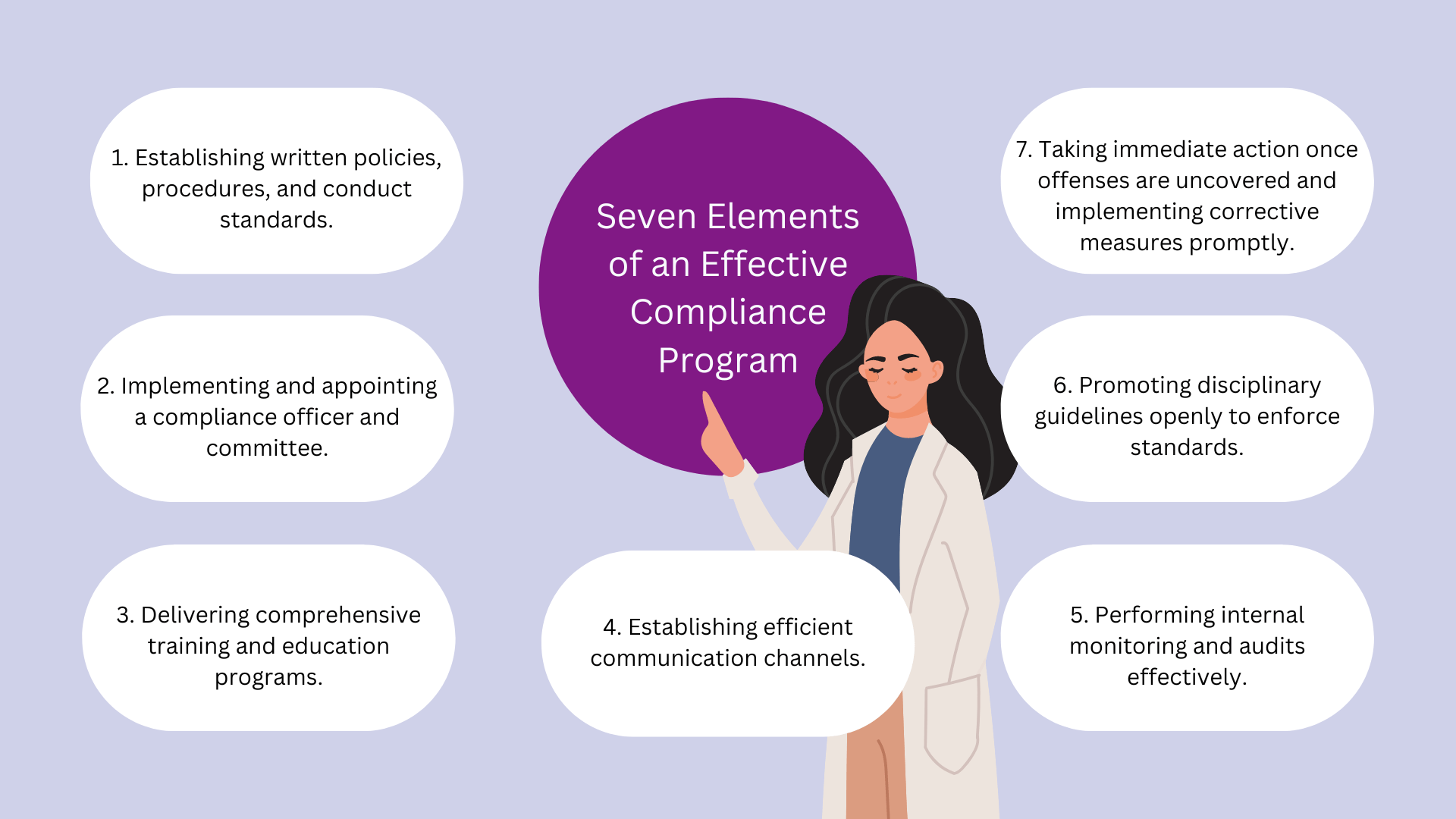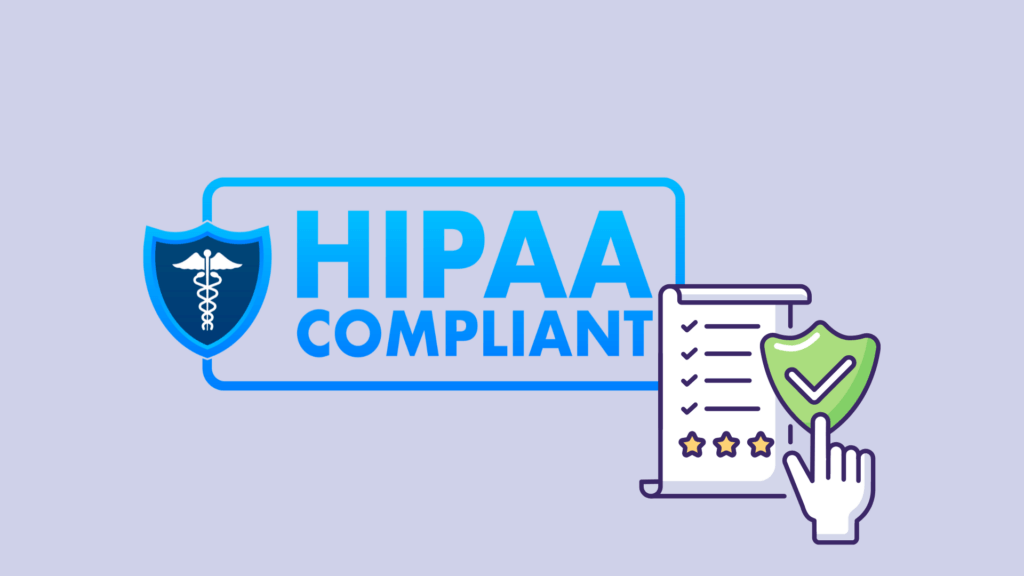The Health Insurance Portability and Accountability Act (HIPAA) is a federal law created to put safeguards in place which protect patients’ sensitive health information from being disclosed. And if this law is breached, there are severe financial penalties to pay. Therefore, adhering to HIPAA compliance is crucial for the health of your business.
However, HIPAA compliance is difficult due to the complexities of the law. And, when you consider the time taken to ensure HIPAA compliance, most business owners will struggle to take on this extra workload. But why not delegate it to someone? You may be wondering who this person is, and the answer is very simple: a virtual assistant.
Understanding a Virtual Assistant
Virtual assistants have been providing modern business solutions for several years, but you may have first heard about them during the Covid-19 pandemic. Essentially, a virtual assistant is the same as any other assistant within your business. However, there is one tiny difference: they work from home. If we look at this factor a little closer, we will soon see that this means they can be located anywhere in the world.
Yes, all a virtual assistant needs to log on to your IT systems is an internet connection and a PC. There’s no need for them to battle through the daily commute and, for you, there’s no need to invest in either equipment or office space for them. It’s the epitome of a win-win situation for everyone. And it’s all thanks to modern, high-speed internet connections.
And the best news is that a virtual assistant’s remote location presents few barriers to the work they can complete. In fact, when it comes to administrative procedures, there’s barely any difference in the tasks that a virtual assistant can take on compared to an in-house assistant. With online access at their disposal, a virtual assistant can access telecommunication software, databases, and email accounts. This means that achieving HIPAA compliance has suddenly got a little bit easier.
Achieving HIPAA Compliance with a Virtual Assistant
There are ‘Seven Elements of an Effective Compliance Program’ that businesses should use to both evaluate and foster compliance. The seven elements are:

- Establishing written policies, procedures, and conduct standards.
- Implementing and appointing a compliance officer and committee.
- Delivering comprehensive training and education programs.
- Establishing efficient communication channels.
- Performing internal monitoring and audits effectively.
- Promoting disciplinary guidelines openly to enforce standards.
- Taking immediate action once offenses are uncovered and implementing corrective measures promptly.
By respecting these seven elements, you can save your organization some eyewatering violation penalties. But maintaining and adhering to these standards is a significant workload, and the risks of stress and burnout in the healthcare industry are already high. Luckily, this is where a virtual assistant can come to your aid. With a wealth of operational benefits behind them, they can help you achieve HIPAA compliance in the following ways:
Reporting and auditing:
in order to maintain HIPAA compliance, it’s crucial that you diligently monitor your systems. This will allow you to proactively identify and address potential breaches. And, by promptly reporting incidents, you are contributing towards the integrity of any sensitive data you hold or process. All of this can be handled effortlessly by a virtual assistant, they provide assistance to maintain ongoing adherence, cooperate during audits, and help cultivate a culture of accountability.
Maximizing security measures:
cyber attacks can seriously compromise the security of your sensitive data, so it’s important that you implement strong, robust security measures. Virtual assistants can play a vital role in this process by installing and maintaining the best security practices. They can encrypt electronic communications, perform regular data backups, and ensure that software updates are installed promptly. The end result is a secure environment where HIPAA breaches are minimized.
Handling patient records:
an essential aspect of HIPAA compliance is ensuring that patient records are handled and managed correctly. Virtual assistants can effectively oversee and maintain digital patient records while safeguarding them from unauthorized access. Virtual assistants offer enhanced security measures such as advanced authentication protocols and encryption methods to protect sensitive patient information. This enables healthcare organizations to meet HIPAA's strict standards for data privacy and confidentiality.
Establishing standard procedures:
a virtual assistant can play an important role in establishing standard procedures within an organization to support HIPAA compliance. They can help develop comprehensive policies and protocols which align with HIPAA regulations, and then create training programs and documentation to establish these procedures in the organization’s mindset. This will foster a culture of compliance that is both consistent throughout the organization and, most importantly, effective.
Act as a point of contact:
it’s vital that you have a point of contact within your business to deal with any HIPAA-related queries. And a virtual assistant, with their in-depth knowledge of HIPAA regulations, is the perfect employee to take this on. Not only can they help with clarifying policies and procedures, but they can also offer guidance on handling sensitive patient data and provide advice on best security practices. This means that your healthcare professionals and employees have access to a source of reliable HIPAA support. And, of course, this makes HIPAA violations less likely to occur.
Managing HIPAA compliance:
ultimately, to enforce HIPAA compliance, you need someone who can handle this role with expertise. This is where a virtual assistant can step in. Thanks to their highly dedicated job role, they can take on all the above aspects of HIPAA compliance. This reduces the workload on your existing employees and allows them to focus on other areas of healthcare. And, by allowing a virtual assistant to focus purely on this task, you can buy yourself peace of mind that your patient’s sensitive information is safe.
Maximize Your HIPAA Compliance with a Virtual Assistant
With HIPAA penalties ranging from $100 up to $50,000 per violation, it’s critical that you prevent as many of these as you can. Now, we’ve shown you how a virtual assistant can take care of this for you, but where do you find a virtual assistant? The good news is that we also have the answer to that: Hello Rache.
Yes, Hello Rache has developed relationships with a whole pool of virtual assistants who know the ins and outs of HIPAA compliance like the back of their hand. They’re professional, they’re effective and they’re ready to start working for you. All you need to do is click here and start a conversation with us.




